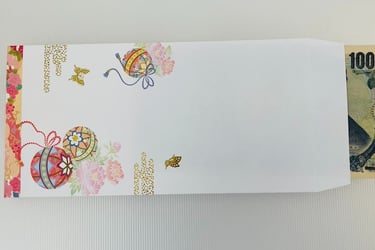Travel like a local: Stay at a ryokan, a traditional Japanese inn.
If you're traveling in Japan, you may not always stay in modern hotels. There may be times when you stay in a ryokan, a traditional Japanese accommodation. There are actually several things to consider when staying in a ryokan. What are they? Read this article to the end to find out! You won't be confused, and the ryokan staff may be impressed because you understand the unwritten local rules.
Npauli
5/20/20254 min read
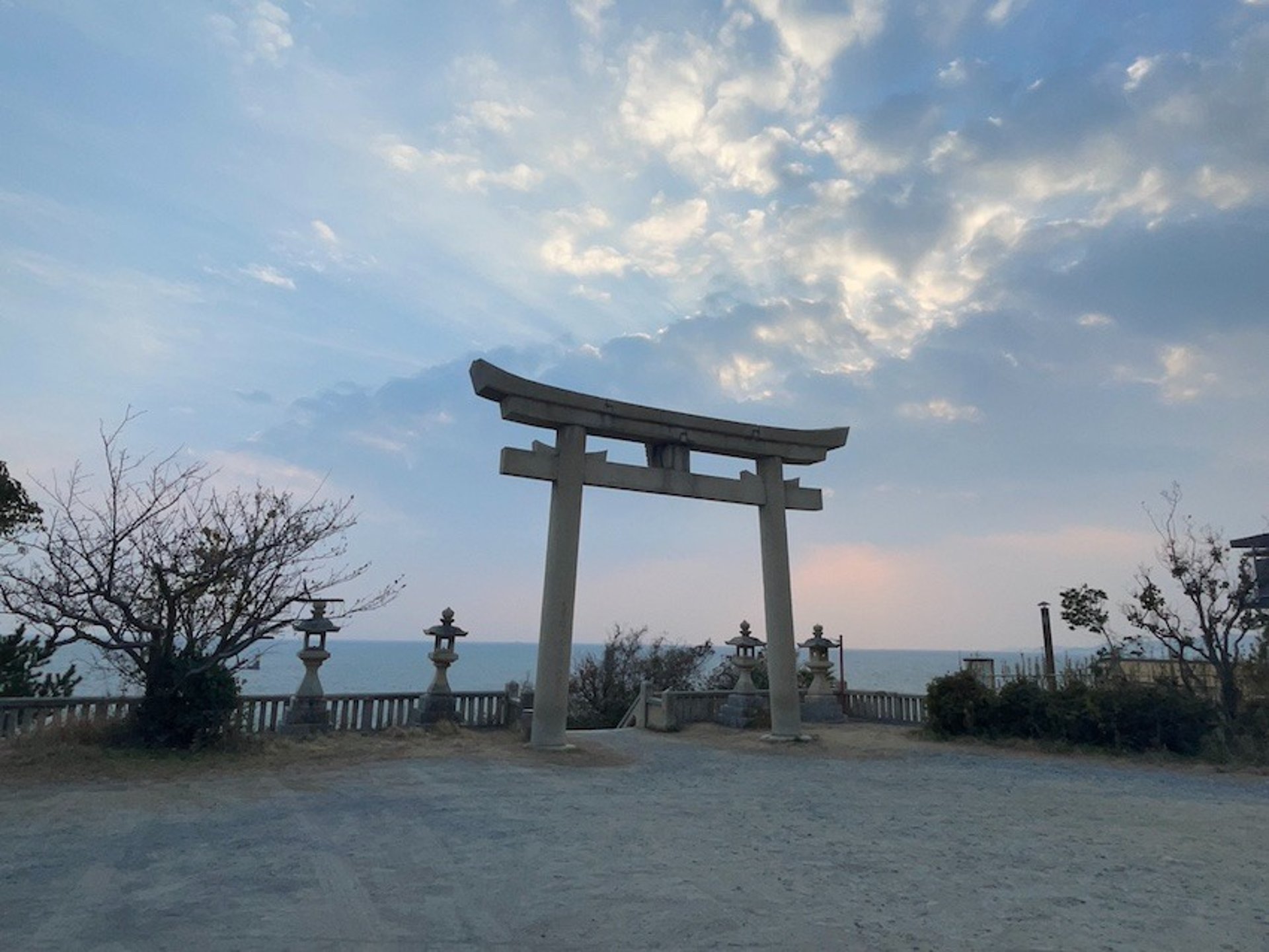
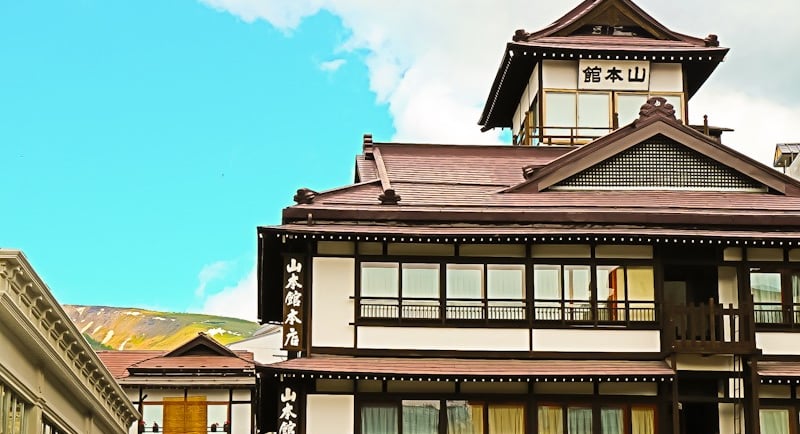

Keep track of the time
Time is very important in Japan. Everything is organized. When making a reservation, you are usually asked what time you will check in. Typically, check-in starts at 3 pm. When you check in, you will be asked what time you would like to have dinner and breakfast. They will prepare everything neatly and on time.
Some etiquette guidelines for inside the building and rooms of Ryokan:
1. In front of the building when entering the building or room.
The rooms are usually in the traditional Japanese style. The beds usually have futons instead of mattresses and are placed directly on tatami mats, which are a typical Japanese flooring material. The staff will usually prepare the futons when we have dinner and fold them back up in the morning. Guests don't have to prepare the futons themselves. Other room etiquette includes not stepping on the threshold or the edge of the tatami and zabuton (seat cushions).
2. In the bedroom
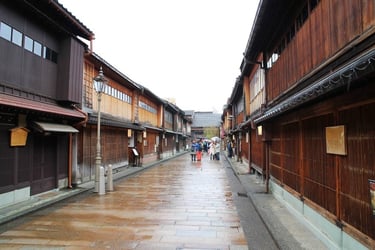

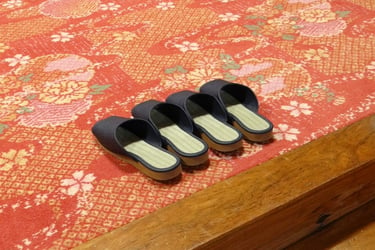

There are various ways to enter a ryokan. In some ryokans, guests take off their shoes and change into indoor slippers in the front-desk area before checking in. In others, shoes are removed when entering the bedroom. If you must remove your shoes before reaching the front desk, remove them and turn them so that they face the front. If staff are nearby, say "Yoroshiku onegai itashimasu" or "Arigatō gozaimasu." Please note that it is advisable to wear socks in Japan, even in the summer. This way, when you change into indoor slippers or sandals, your feet will look neat and clean. Slippers are provided in the bedroom and can be worn throughout the building, for example, when going to the rotemburo or dining.
4. Some public bath etiquette for onsen or rotemburo
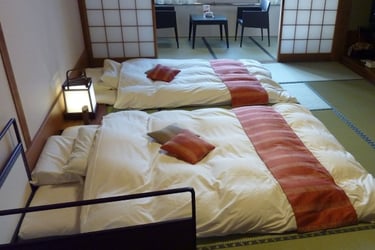

Similar to taking off the shoes, dining arrangements vary depending on the provisions of each accommodation. Some dining areas are shared with other guests, while others are private and located directly in the bedroom. In these private dining areas, food is gradually transported to the bedroom. If you eat in the dining area, please pay attention to dress etiquette. If you are allowed to wear a yukata, a type of Japanese pajama available in the closet, you may wear it with slippers or sandals in the building. If you eat buffet-style, take a sufficient portion and don't leave any leftovers. If there are certain foods you cannot eat due to religious reasons, allergies, etc., please inform the accommodation in advance, for example, when making your reservation. This will help them prepare the ingredients in advance.
3. At the dining place
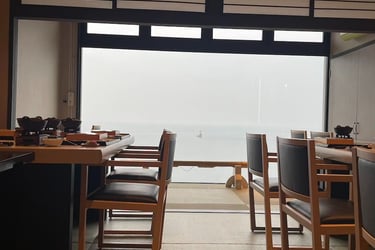

The Rotemburo onsen is a traditional Japanese bathing experience. It is a large bathing tub where visitors can soak together. It can be located indoors or outdoors.
If the baths are separated by gender, please do not wear bikinis or swimsuits.
Before soaking in the bath, it is best to first wash your body in the shower with a low seat, which is available on the side of the onsen.
Women with long hair should tie it up so that it does not hang loose and float on the surface of the water.
It is forbidden to cover your body with a large towel. If you want to bring a towel, bring a face towel, pin it over your hair, and use it to cover part of your body when you get out of the bath.
When soaking, do not swim or make noise. The purpose of bathing is relaxation, not disturbing others.
It is advised that women who are on their period not go to an onsen. If your period is light, you can use sanitary napkins or menstrual cups. Also, do not brush your teeth in the shower or bath area. The bath water is natural and will become contaminated with toothpaste.
Tipping in Japan?
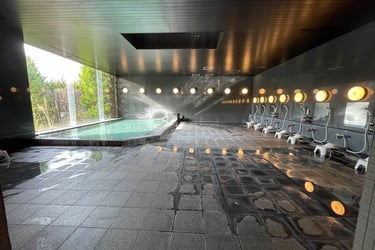

Tipping is generally considered impolite in Japan. However, if you want to express your gratitude to the staff at a ryokan, you can give a tip equivalent to 10% of the accommodation fee. For example, this would be between 1,000 and 3,000 yen. Put the tip in an envelope and give it to the staff when you arrive. If it is rejected, accept it graciously. Bow slightly or say "Arigatou gozaimasu" to show your gratitude.
